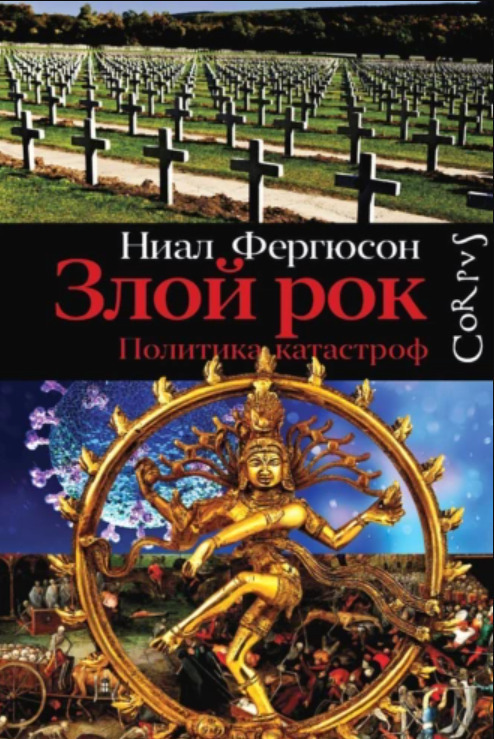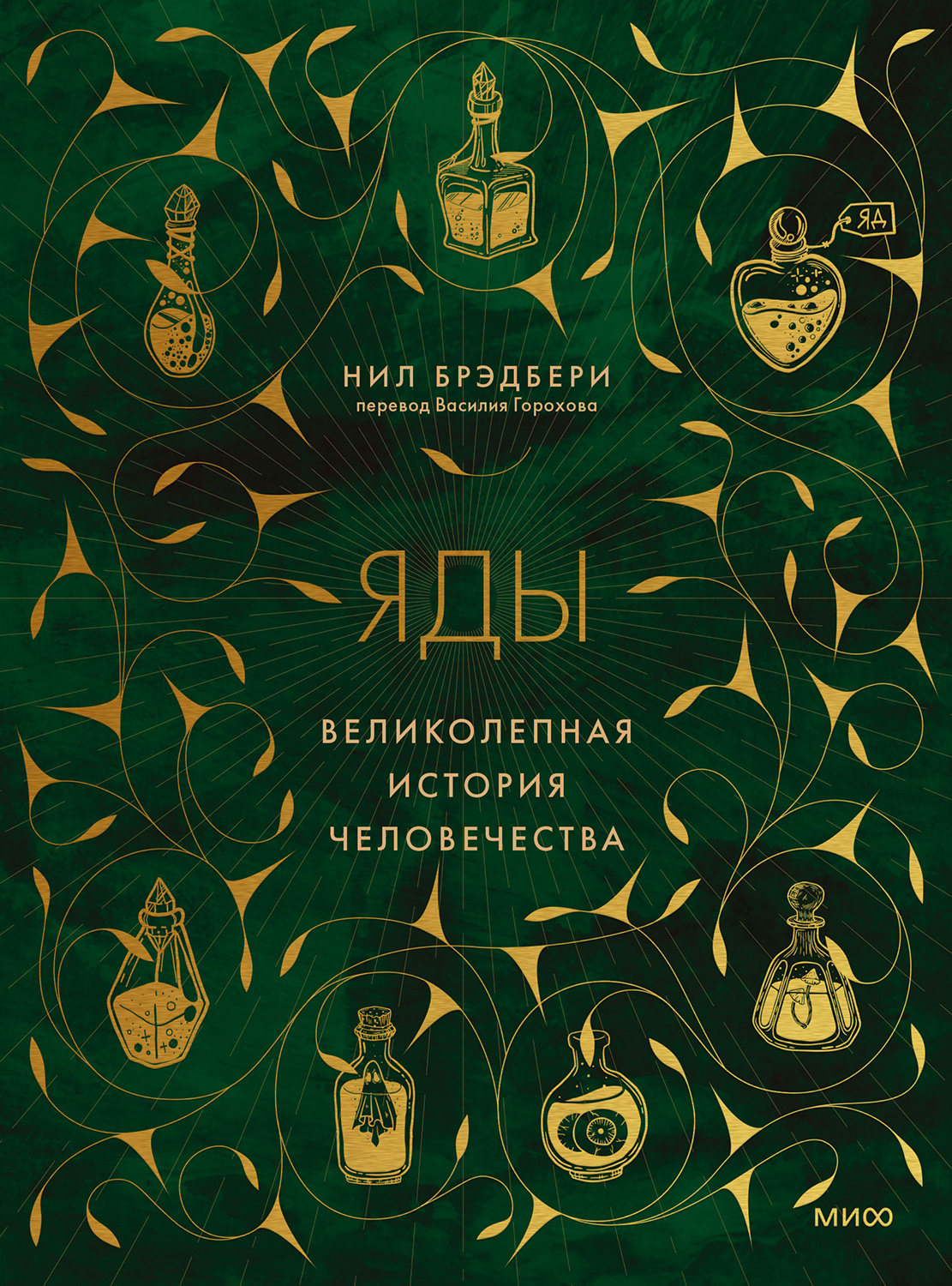Шрифт:
Закладка:
«Злой рок. Политика катастроф» — это книга, в которой известный британский историк и публицист Нил Фергюсон анализирует различные виды катастроф, которые произошли или могут произойти в истории человечества. Он рассматривает не только природные и техногенные бедствия, такие как землетрясения, наводнения, пожары, аварии, эпидемии, в том числе пандемию COVID-19, но и социальные и политические кризисы, такие как войны, революции, геноциды, терроризм, миграции, экономические коллапсы и т.д.
Фергюсон пытается выяснить, какие факторы способствуют возникновению и распространению катастроф, какие последствия они имеют для людей и общества, какие стратегии и механизмы существуют для предотвращения или смягчения их эффектов. Он также задает вопросы о том, как мы можем лучше понимать и прогнозировать катастрофы, как мы можем учиться на своих ошибках и адаптироваться к новым условиям. Он опирается на данные из разных научных дисциплин, таких как экономика, социология, психология, математика, физика и биология.
«Злой рок. Политика катастроф» — это книга для тех, кто хочет узнать больше о том, что угрожает нашему миру и нашей цивилизации, для тех, кто хочет быть готовым к любым испытаниям и вызовам, для тех, кто хочет читать книгу онлайн на сайте knizhkionline.com.





